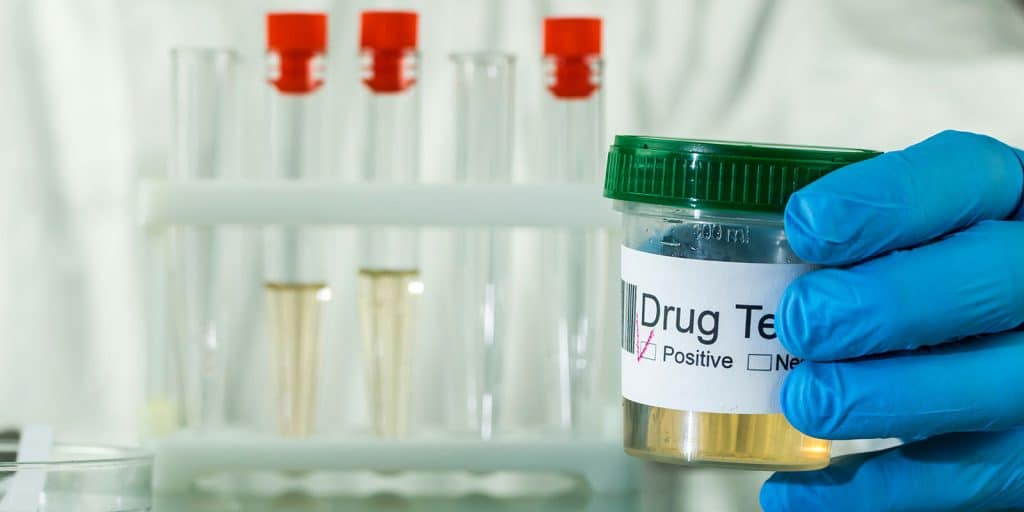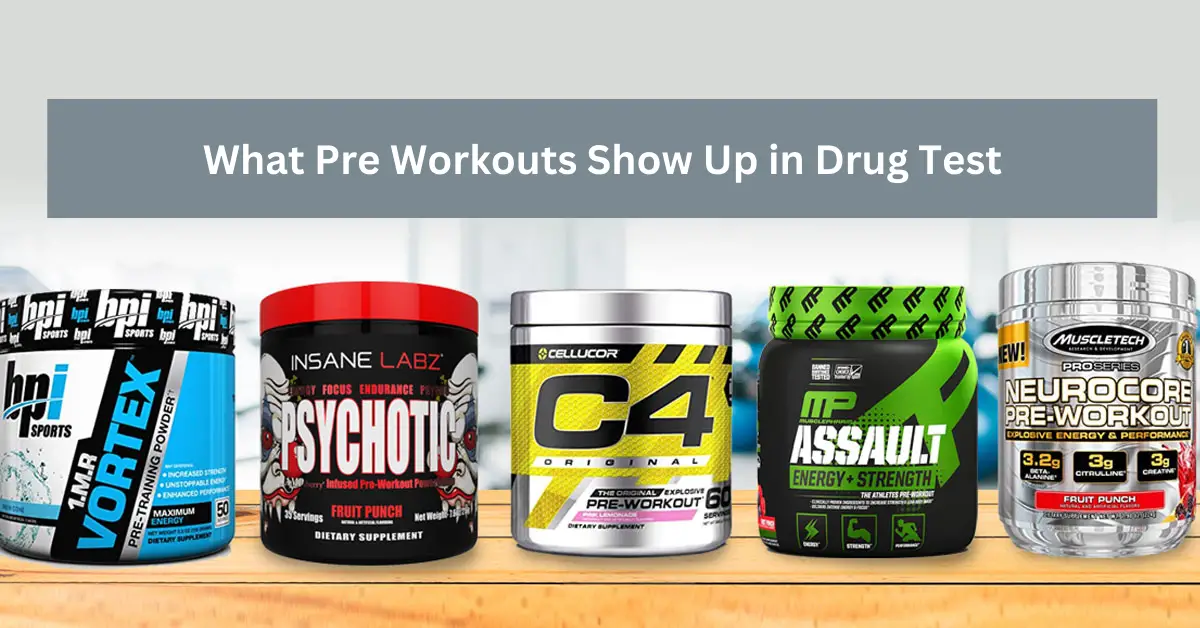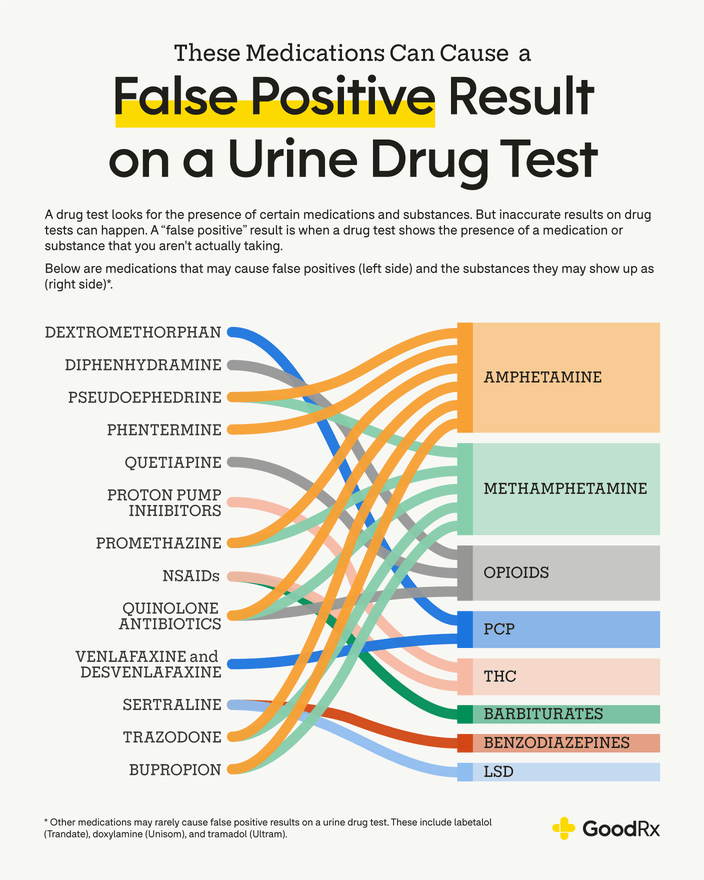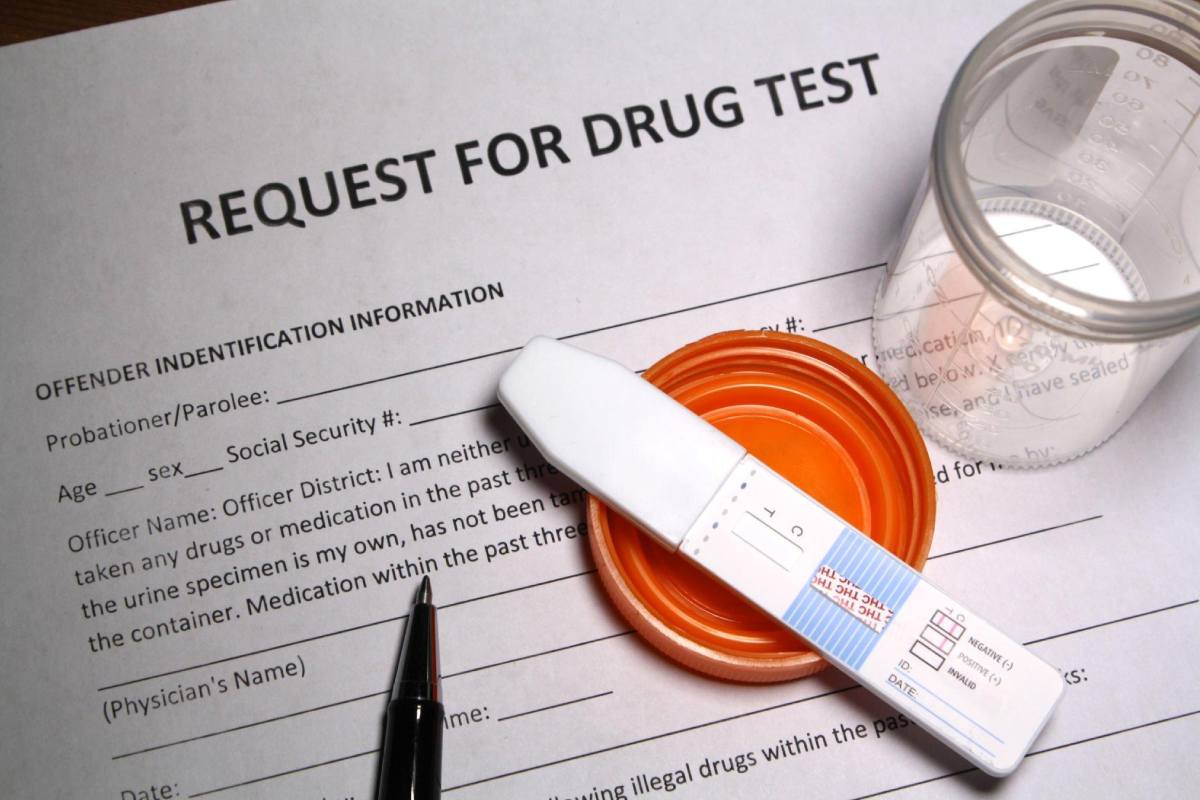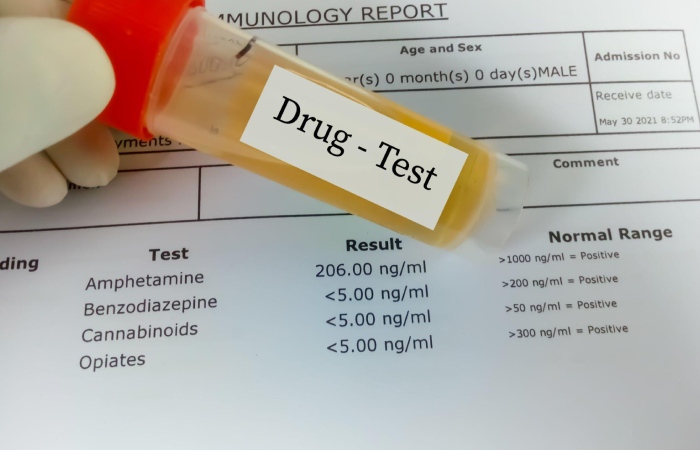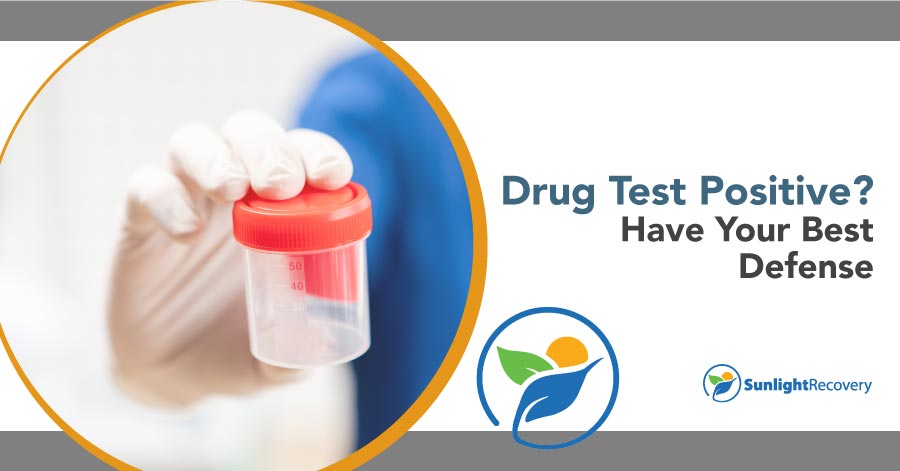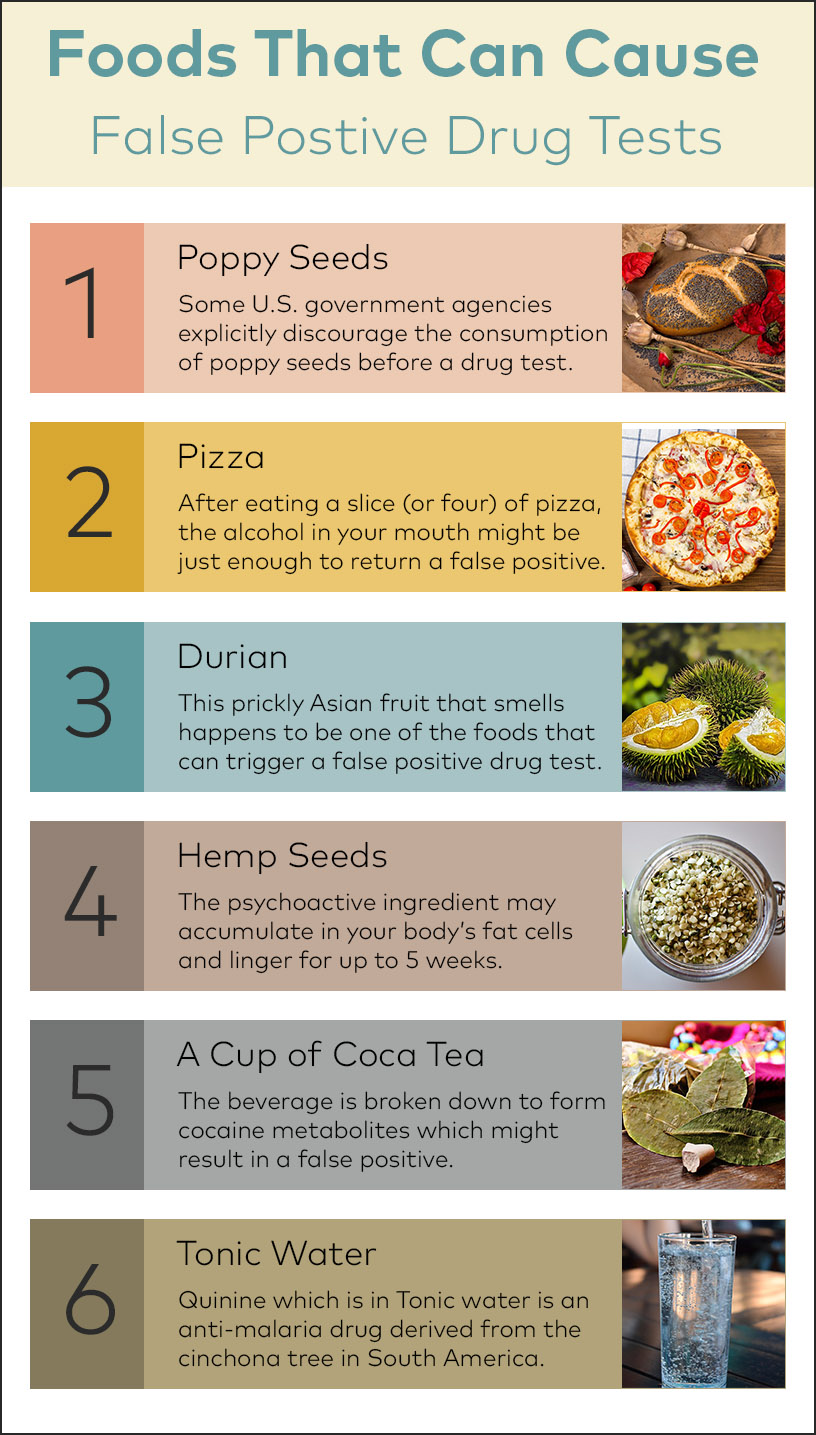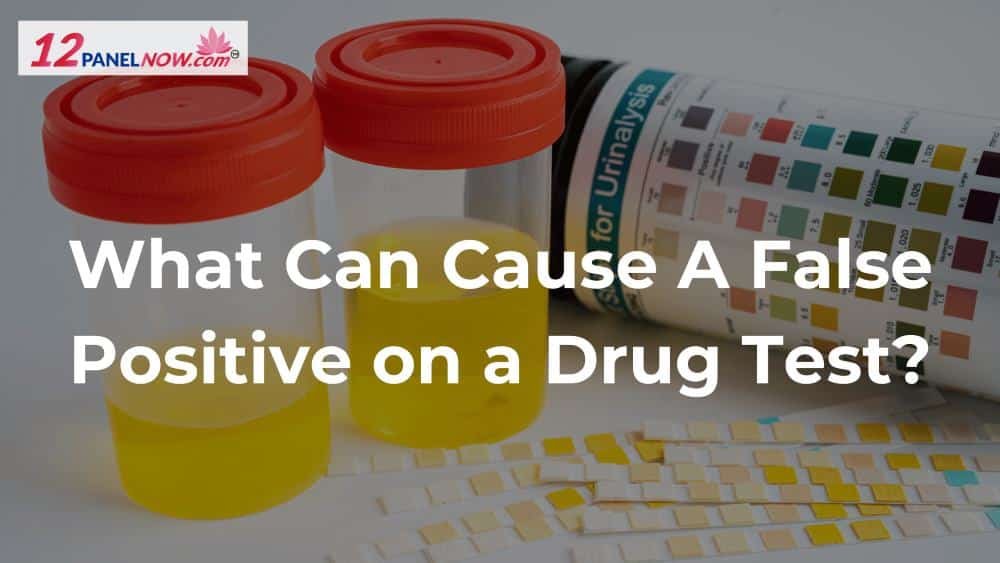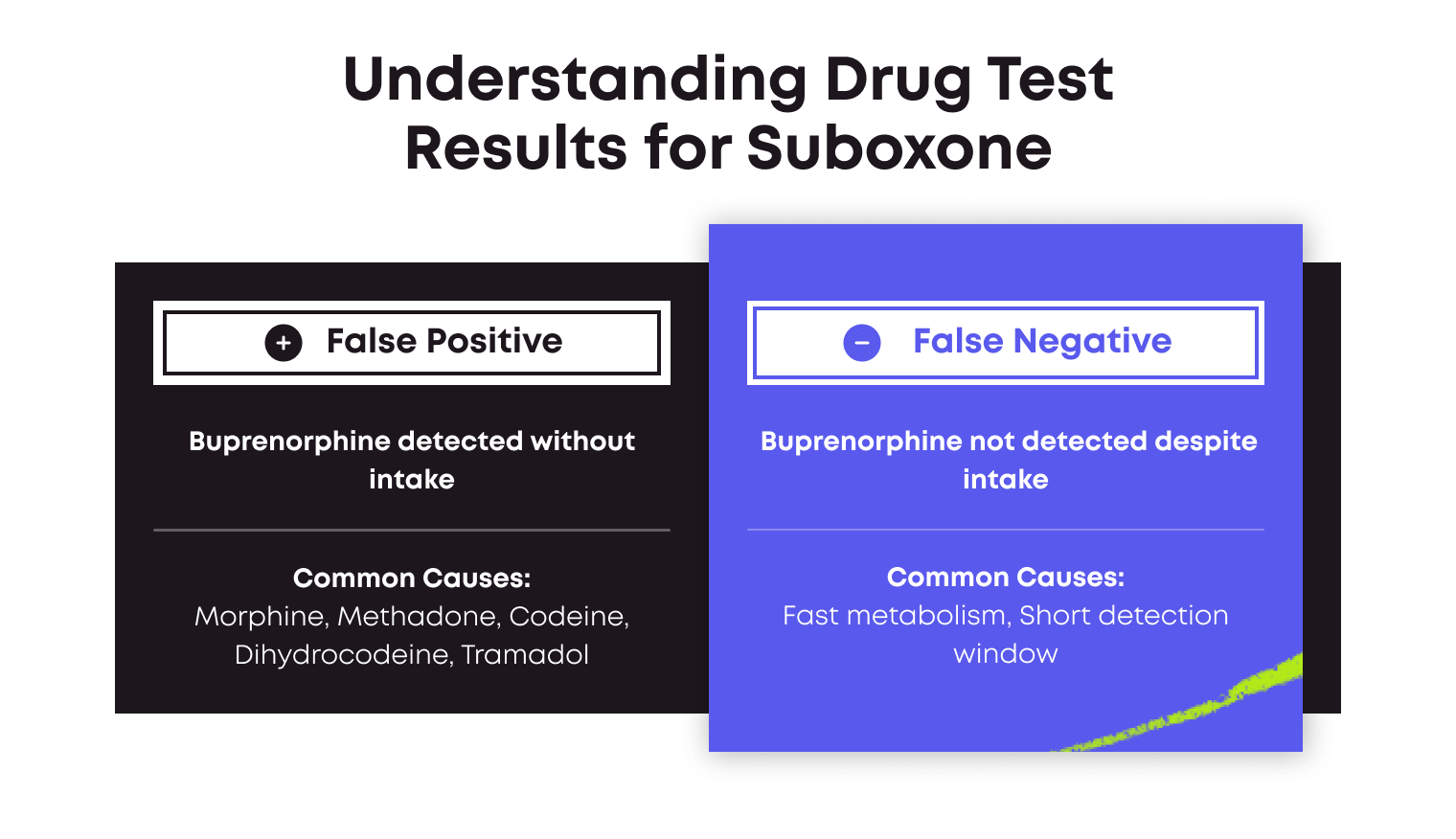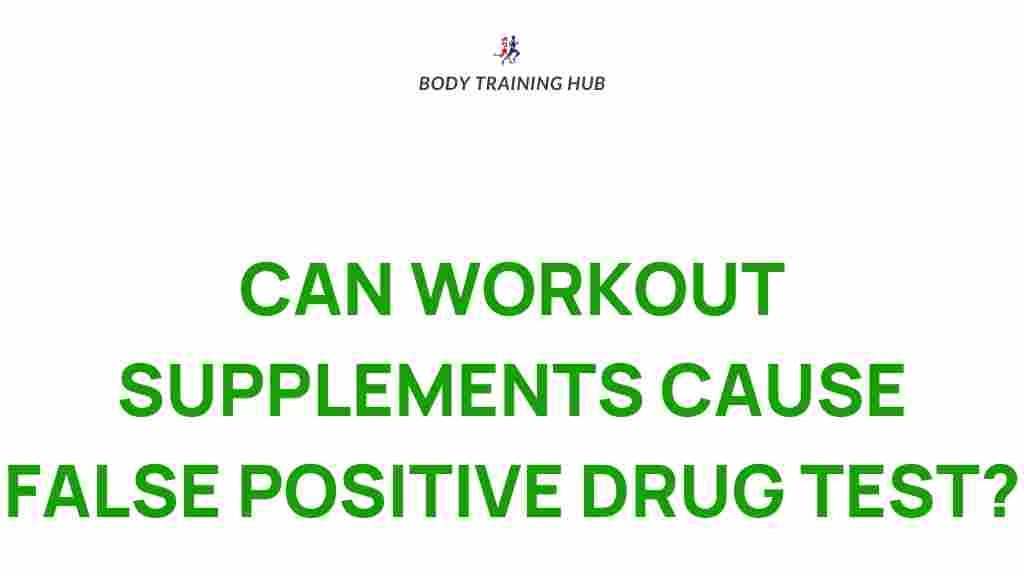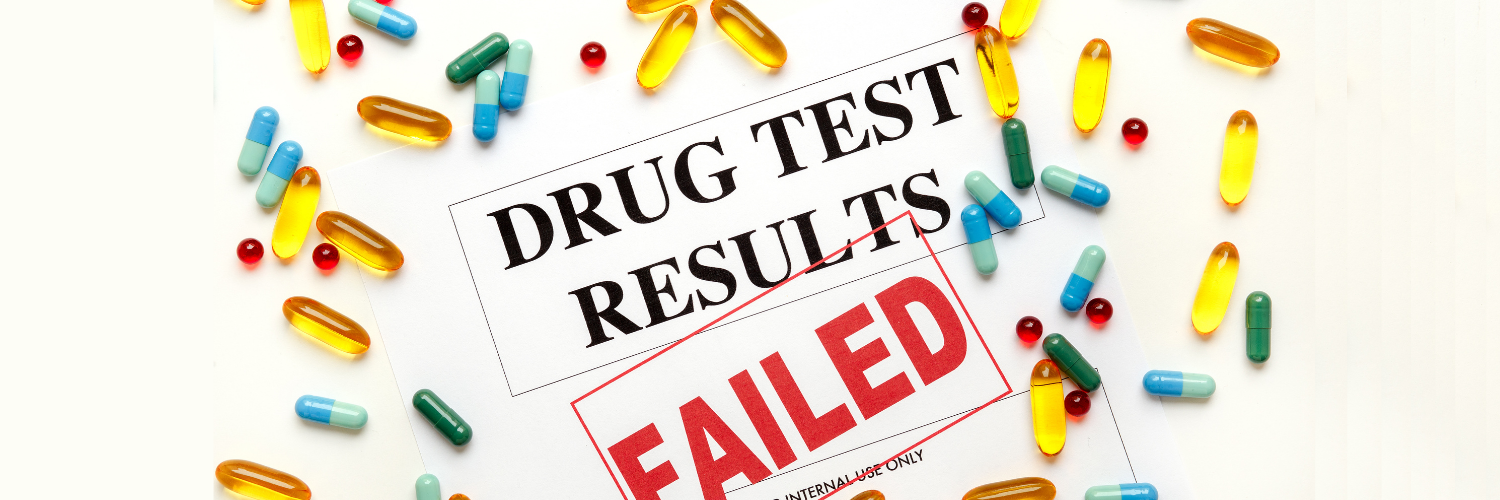Can Pre Workout Cause A Positive Drug Test
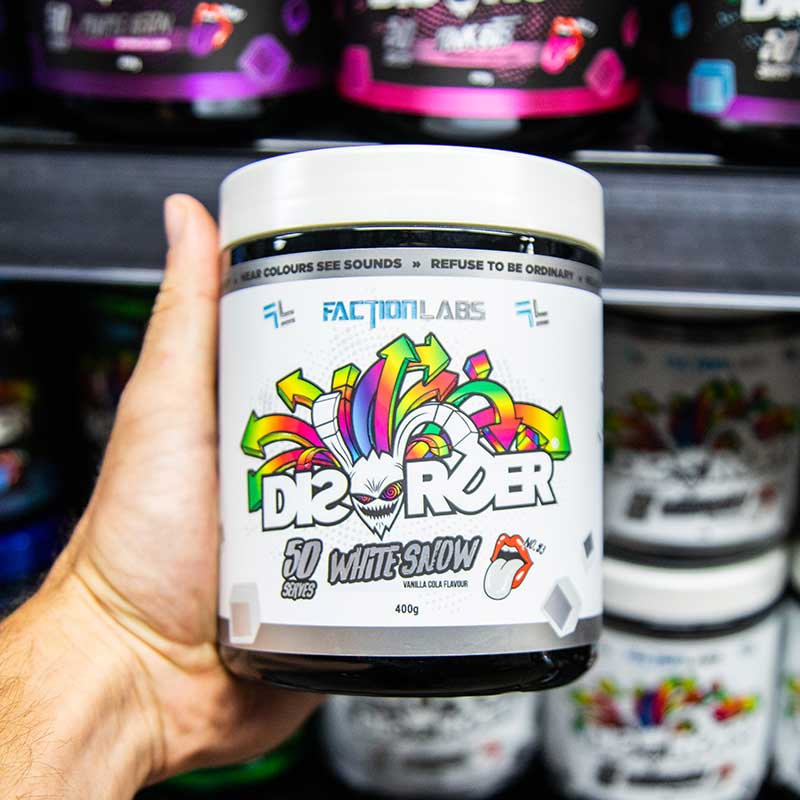
The quest for enhanced athletic performance has fueled the popularity of pre-workout supplements, but a lingering question hangs over these products: can they trigger a positive drug test? This concern has athletes, fitness enthusiasts, and professionals subject to drug screenings worried about the potential consequences of using these performance enhancers.
This article explores the complex relationship between pre-workout supplements and drug testing, examining the ingredients that pose a risk, the likelihood of a false positive, and the steps individuals can take to protect themselves. Understanding these factors is crucial for anyone considering or currently using pre-workout supplements, especially those subject to drug testing.
Understanding Pre-Workout Supplements
Pre-workout supplements are dietary aids designed to boost energy, focus, and endurance during exercise.
They typically contain a blend of ingredients, including caffeine, creatine, amino acids, vitamins, and herbal extracts.
While many ingredients are safe and legal, some can be problematic for those undergoing drug testing.
The Risk Factors: Banned Substances and Labeling Issues
The primary concern with pre-workout supplements is the potential presence of banned substances.
These substances, prohibited by organizations like the World Anti-Doping Agency (WADA) and the United States Anti-Doping Agency (USADA), may be intentionally added to enhance performance or unintentionally included due to manufacturing contamination.
Ingredients such as DMAA (1,3-dimethylamylamine), DMBA (1,3-dimethylbutylamine), and certain stimulants are often found in supplements marketed for energy and focus, and they are explicitly banned in many sports.
Labeling inaccuracies are another significant issue.
Some supplements may not accurately list all ingredients or may contain ingredients not listed on the label, a practice known as "spiking."
This can lead to athletes unknowingly ingesting banned substances and subsequently failing a drug test.
The Problem of Contamination
Cross-contamination during the manufacturing process is also a concern.
Supplements produced in facilities that also handle banned substances can become contaminated, even if the banned substances are not intentionally added.
This can result in trace amounts of prohibited substances ending up in the final product, leading to a positive drug test even if the athlete takes precautions.
The Likelihood of a False Positive
While less common, false positives can occur due to cross-reactivity with certain medications or other substances.
Some pre-workout ingredients might share similar chemical structures with banned substances, potentially triggering a positive result in certain screening tests.
However, confirmatory testing, which involves more sensitive and specific analytical methods, can usually differentiate between the legitimate substance and the banned substance.
Real-World Consequences
A positive drug test can have severe consequences for athletes and professionals.
Athletes may face suspension from competition, loss of medals and titles, and damage to their reputation.
For professionals in certain occupations, such as law enforcement or the military, a positive drug test can lead to job loss and legal repercussions.
"The potential impact on an athlete's career is devastating," says Dr. Emily Carter, a sports medicine physician specializing in anti-doping regulations. "It's crucial for athletes to be extremely cautious and knowledgeable about the supplements they use."
Minimizing the Risk: Precautions and Best Practices
Individuals can take several steps to minimize the risk of a positive drug test from pre-workout supplements.
Firstly, thoroughly research the ingredients of any supplement before consumption.
Look for products that have been third-party tested by independent organizations like NSF International or Informed-Sport.
These certifications indicate that the product has been tested for banned substances and that the label accurately reflects the contents.
Secondly, be wary of proprietary blends, which do not list the exact amounts of each ingredient.
Opt for supplements that provide a detailed ingredient list.
Thirdly, consult with a healthcare professional or registered dietitian before starting any new supplement regimen.
They can provide personalized advice and help identify potential risks.
Finally, maintain a detailed record of all supplements and medications taken, in case a positive drug test occurs and needs to be investigated.
The Importance of Education and Awareness
Education and awareness are critical in preventing inadvertent doping violations.
Athletic organizations, coaches, and trainers have a responsibility to educate athletes about the risks of supplement use and the importance of following anti-doping guidelines.
Similarly, consumers should be encouraged to report adverse events or suspected product contamination to regulatory agencies like the Food and Drug Administration (FDA).
Conclusion
While pre-workout supplements can offer performance benefits, they also pose a risk of triggering a positive drug test.
By understanding the potential hazards, taking precautions, and seeking expert advice, individuals can minimize the risk and protect their athletic careers and professional reputations.
Ultimately, a cautious and informed approach is essential when navigating the complex world of performance-enhancing supplements.
